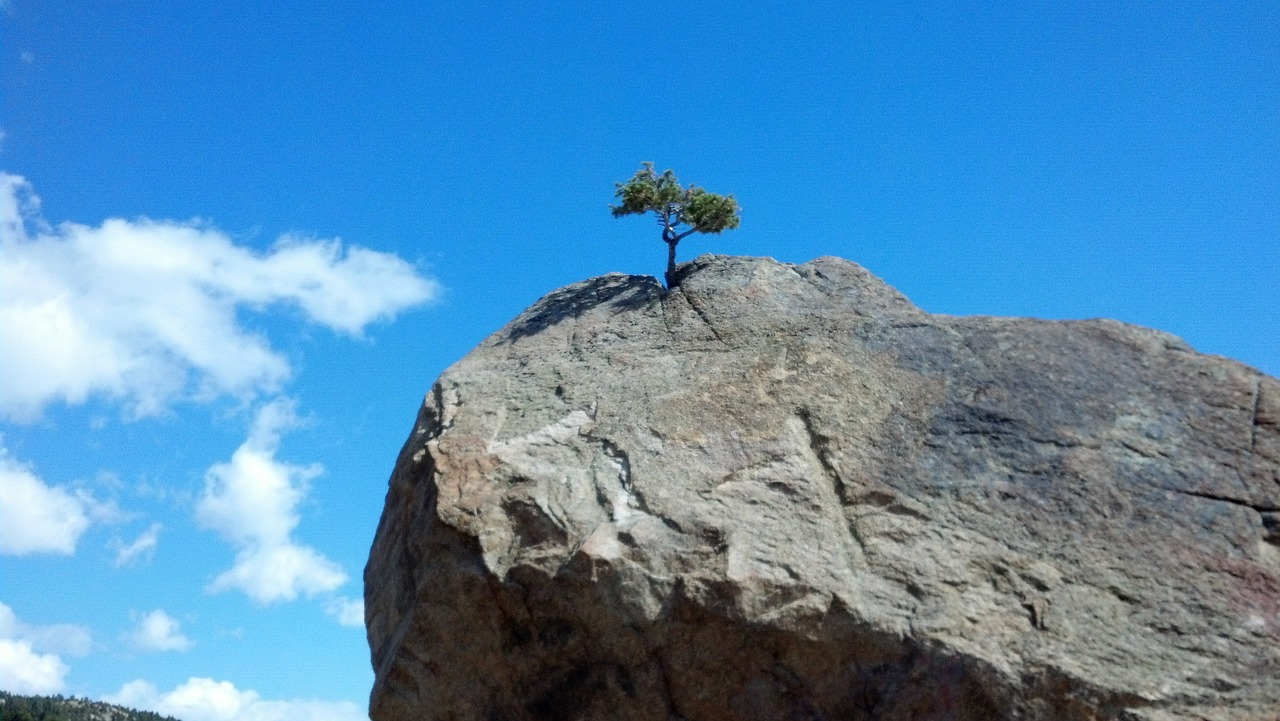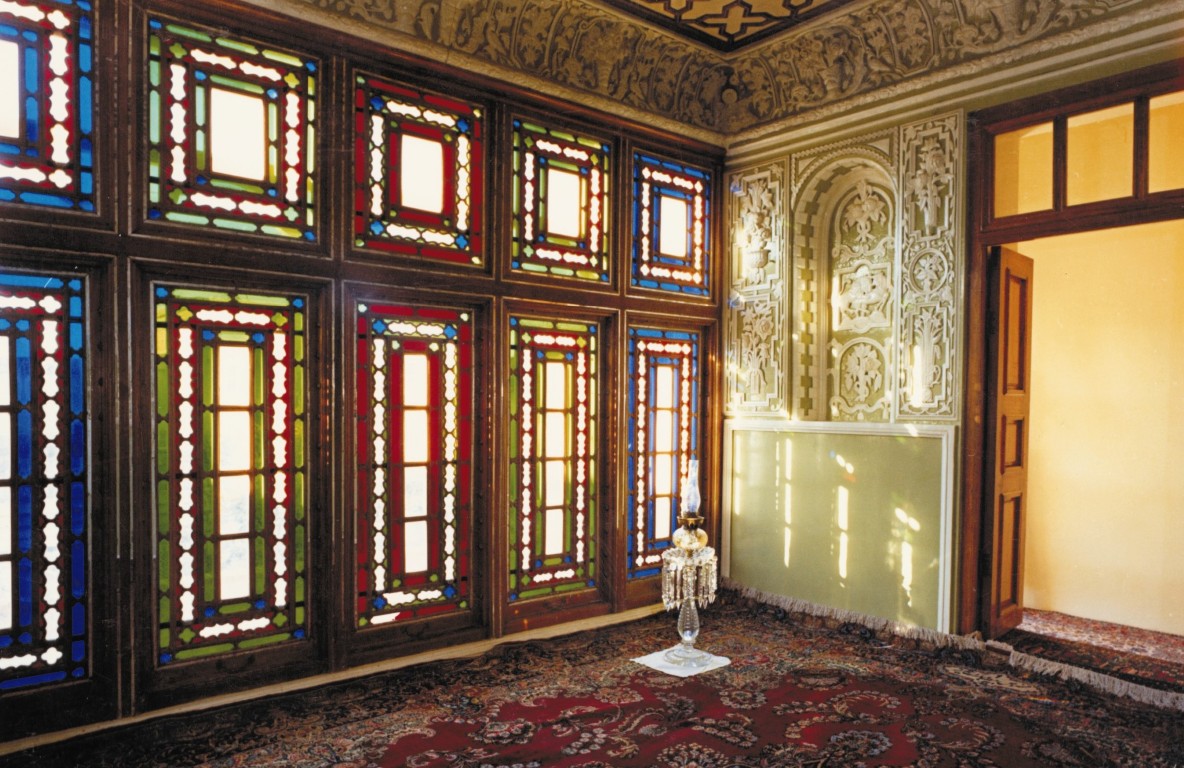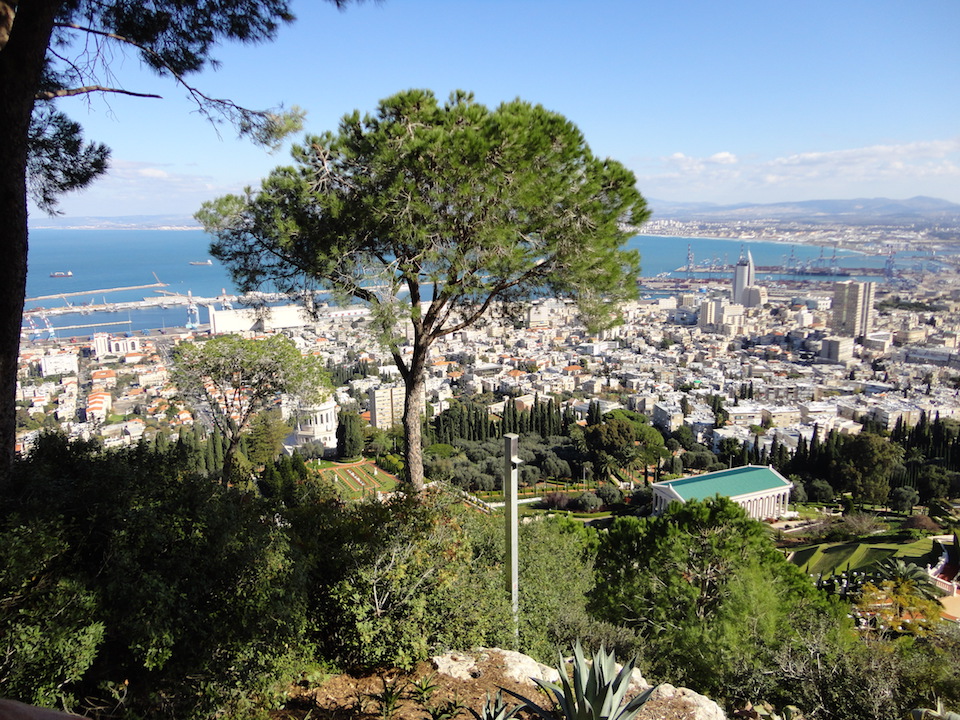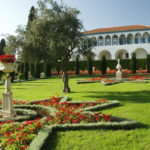
Czar Alexander II – Living in a Tomb
 Much of Bahá’u’lláh’s letter to Czar Alexander II is concerned with proclaiming Bahá’u’lláh’s mission and calling on the Czar to respond to it. But one aspect of the letter unfolds a thematic exploration.
Much of Bahá’u’lláh’s letter to Czar Alexander II is concerned with proclaiming Bahá’u’lláh’s mission and calling on the Czar to respond to it. But one aspect of the letter unfolds a thematic exploration.
When the letter is written Bahá’u’lláh is, to external appearances, a prisoner in one of the Ottoman Empires worst prisons (indeed he is in the citadel of Akka – a prison within a prison). Despite those persecutions, Baha’u’llah wrote to the Czar:
My spirit is filled with a gladness with which all the joys of the earth can never compare.[1]
Later he continues:
O proud ones of the earth! Do ye believe yourselves to be abiding in palaces whilst He Who is the King of Revelation resideth in the most desolate of abodes? Nay, by My life! In tombs do ye dwell, could ye but perceive it.[2]
Bahá’u’lláh continues to reflect on the theme of spiritual life and spiritual death and calls on his hearers to “arise … from the tomb of self and desire”.
Think ye that the things ye possess shall profit you? Soon others will possess them and ye will return unto the dust with none to help or succour you. What advantage is there in a life that can be overtaken by death, or in an existence that is doomed to extinction, or in a prosperity that is subject to change? Cast away the things that ye possess and set your faces toward the favours of God which have been sent down in this wondrous Name.[3]
The theme of detachment from the material world and rising above the ego and self is a repeated one in the writings of Bahá’u’lláh.
Here we see a further element of the framework of Bahá’u’lláh’s teachings, complementing the ethical themes and outlines of community life that appear in his message to Napoleon III, and counsel for reform of the world found in his letter to Queen Victoria.
The Russian government had assisted Bahá’u’lláh in 1852 when he was imprisoned in the Siyah-Chal in Tehran. For this reason, Bahá’u’lláh writes to the Czar:
Whilst I lay chained and fettered in the prison, one of thy ministers extended Me his aid. Wherefore hath God ordained for thee a station which the knowledge of none can comprehend except His knowledge. Beware lest thou barter away this sublime station.[4]
As it happened, the Czar was unable to respond. Both he himself, and his dynasty were swept away in the general downfall of monarchy that Bahá’u’lláh warned the kings would overtake them in his collective letter to them if they did not heed his counsels.
If ye pay no heed unto the counsels which, in peerless and unequivocal language, We have revealed in this Tablet, Divine chastisement shall assail you from every direction, and the sentence of His justice shall be pronounced against you. On that day ye shall have no power to resist Him, and shall recognize your own impotence. Have mercy on yourselves and on those beneath you, and judge ye between them according to the precepts prescribed by God in His most holy and exalted Tablet, a Tablet wherein He hath assigned to each and every thing its settled measure, in which He hath given, with distinctness, an explanation of all things, and which is in itself a monition unto them that believe in Him.[5]
Among the specific counsels that Bahá’u’lláh gave the kings, immediately preceding this warning, were to reduce their armaments, not to overburden their populations, to care for the poor, to resolve their differences and not commit injustice against their people.
Image: Painting by Mihály Zichy of the coronation of Emperor Alexander II and the Empress Maria Alexandrovna on 26 August/7 September 1855 at the Dormition Cathedral of the Moscow Kremlin. Public domain wikimedia commons.
(This article is the 143rd in a series of what I hope will be 200 articles in 200 days for the 200th anniversary of the birth of Bahá’u’lláh. The anniversary is being celebrated around the world on 21 and 22 October 2017, The articles are simply my personal reflections on Bahá’u’lláh’s life and work. Any errors or inadequacies in these articles are solely my responsibility.)
RELATED POSTS
-
Bahá'u'lláh's Footsteps on the Mountain
Bahá'u'lláh's venerable figure slowly ascended the slope of Mt Carmel followed by his disciples. He would have been wearing the light coloured robes and taj headdress characteristic of him; his his sky-blue eyes and face framed by a long beard. Perhaps he carried a staff to assist him in ascending the steep slope of the mountain. His footsteps traced a path…
-
Bahá'u'lláh's counsel to do no harm
In the Tablet of the World, Bahá'u'lláh counsels us that we should do no harm. Incline your hearts to the counsels given by the Most Exalted Pen and beware lest your hands or tongues cause harm unto anyone among mankind.[1] The principle to "do no harm" has ancient provenance and appears in both East and West. It is attributed to…
-
The Beatitudes of Bahá'u'lláh
In the Lawh-i-Aqdas - Bahá'u'lláh speaks primarily to those familiar with the teachings of Jesus Christ. He concludes this message with twenty-one beatitudes. These, obviously evoke the beatitudes of Jesus and the sermon on the mount, and there are many similarities. But there is also a different resonance. When Jesus spoke two thousand years ago he prepares his followers --…
-
The Mansion of Bahji and the Shrine of Bahá'u'lláh
In a previous article we explored Bahá'u'lláh's immediate departure from the prison city of Akka. Although absolute monarchs had ordered his perpetual imprisonment, in the end, the love those around him had for him, including government officers, opened the gates of the prison city and Bahá'u'lláh left the city. No one tried to stop him. In 1879 Bahá’u’lláh and his family…
You May Also Like

Courage
June 3, 2017
Before the Dawn: The Bab – Prophet Herald
May 23, 2017



